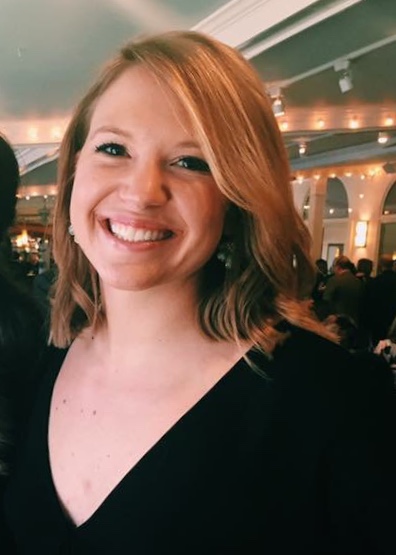Biography
- Share

Colleen Silky Limegrover
- Alumni
- United States
- 2018 PhD Clinical Neurosciences
- Darwin College
Neuroscience has been considered one of the final frontiers of science; a labyrinth of cellular connections that we still barely understand. So much of what makes the brain amazing can also lead to devastating disease. The drive to discover solutions to unanswered questions has been my motivation as a research scientist. I have been provided the unique opportunity to develop my own experiments and lead projects which contributed to the breakthrough of a novel drug into clinical trials for Alzheimer’s disease. Seeing the impact innovative research has on patients’ lives has solidified my desire to pursue a career focused on scientific advancements in neurodegeneration. For my PhD in Clinical Neuroscience, I will study new methods identifying cellular irregularities in ALS with the use of patient derived cell lines. ALS was thought to be strictly a motor neuron disease, but recent advancements have shown that the support cells, astrocytes, could cause aspects of disease pathology. I hope that studying three dimensional cell organoids will shine light on new therapeutic pathways for patients in need and bridge the gap between conventional two dimensional cell cultures and clinical trials. I am honored to be joining the Gates Cambridge community, surrounded by diverse scholars working to make a difference around the world.
Previous Education
Allegheny College








